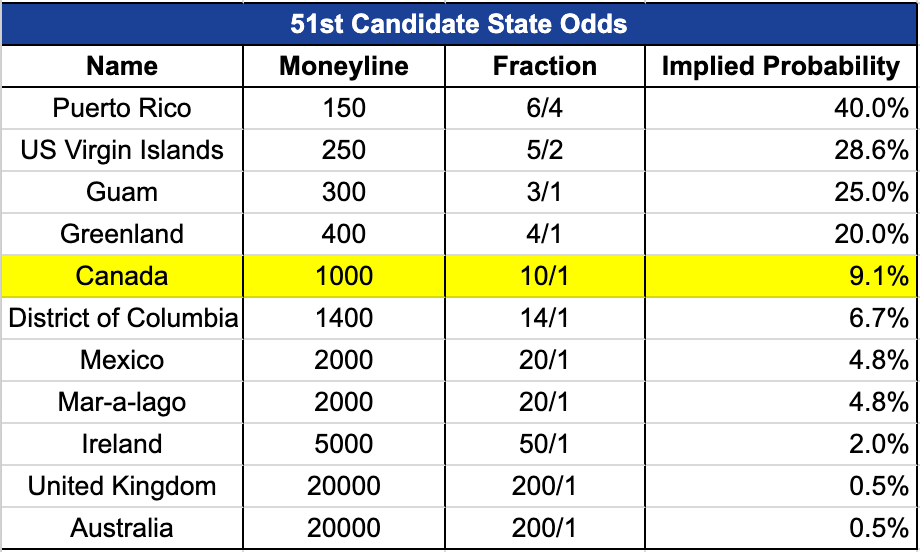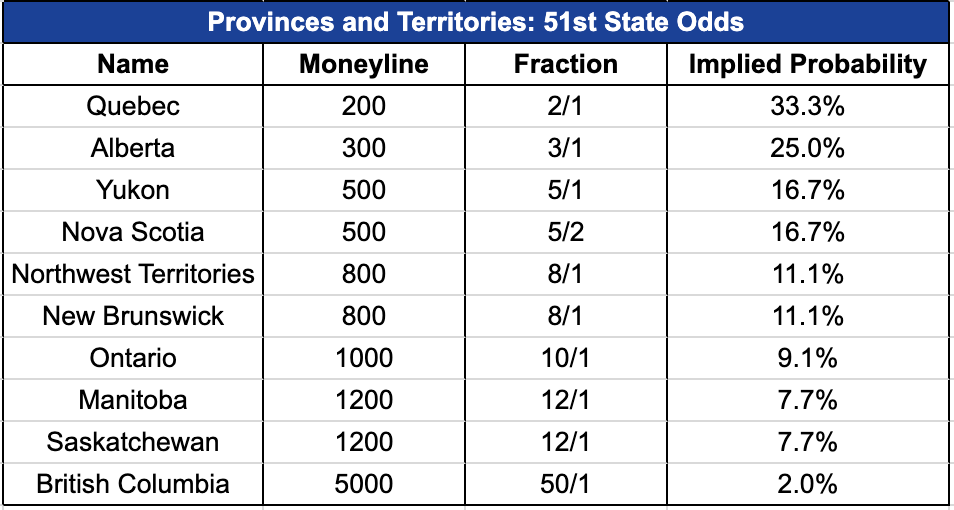Exploring the Buzz: Could Canada Become America’s “51st State”?
The notion of Canada becoming the next U.S. state recently sparked controversy after President-elect Donald Trump floated the idea, provoking a sharp rebuttal from Canadian Prime Minister Justin Trudeau. The resulting debate has garnered attention across North America and beyond, sparking a deluge of opinions on social media.
In response to this high-profile exchange, an extensive analysis was conducted using millions of public posts on X (formerly Twitter). The study aimed to measure how both Canadians and Americans felt about Trump’s proposal, alongside evaluating the actual likelihood of Canada—or any of its provinces—joining the United States during a Trump presidency.
What Do North Americans Really Think? Key Insights from Social Sentiment Analysis
A deep dive into social media reactions provides a clear snapshot of public opinion on this hot topic. Here are the most significant findings:
– Across Canada, 66% of X posts voiced a negative stance toward the idea of becoming the 51st U.S. state.
– South of the border, 60% of American users also expressed disapproval of Trump’s suggestion.
– Canada ranks fifth when measuring the probability of various countries becoming the 51st state during a Trump presidency—with its chances set at just 9.1%.
– Looking closer at individual provinces, Quebec surfaced as the most likely candidate with a 33.3% probability, followed by Alberta at 25% and Yukon coming in at 16.7%.
Global Perspectives: Public Reaction Across Countries
To shed light on shifting sentiments, millions of X posts were analyzed to capture the mood in Canada, the U.S., and internationally. The data reveals strong resistance to the “51st state” concept among all groups.
Global sentiment visualization: Majority of respondents oppose the notion of Canada becoming America’s next state.
Overall, the negativity was not limited to North Americans. Globally, around 65% of X users also rejected the idea, indicating widespread skepticism about such a dramatic political change.
How Likely Is Statehood? Odds by Country and Province
While the social buzz is revealing, a closer look at the calculated probabilities tells us how realistic (or not) such a scenario might be.

Infographic showing international odds for different countries to become the 51st U.S. state.
With only a 9.1% chance, Canada’s likelihood of joining the U.S. union remains small, even when compared to other nations rumoured to be in consideration.

Provincial breakdown: Quebec, Alberta, and Yukon show the highest (still unlikely) probabilities among Canadian provinces.
When focusing in on Canada’s regions, Quebec emerges as the most “probable” candidate for statehood, though its figure of 33.3% still signals considerable improbability. Following behind are Alberta and Yukon, while most other provinces and territories show negligible likelihoods—partly due to insufficient data.
Understanding the Unlikelihood: Summing Up the Sentiments
While technically feasible, the data makes it abundantly clear that sentiment across Canada, the United States, and the wider world leans strongly against the concept of Canada becoming America’s 51st state. The social media outcry, compounded by low calculated probabilities, demonstrates just how far-fetched this political shift would be during the impending Trump administration.
Research Approach: Gathering Online Perspectives
For this study, researchers utilized Meltwater, a dedicated social listening platform, to collect and analyze public reactions following Trump’s 51st state proposal. Only provinces and territories with sufficient social media activity were included in the final probabilities. Some areas were omitted due to a lack of representative data.
Usage and Attribution Guidelines
All data, visuals, and analysis presented here are available for non-commercial use. When referencing or sharing this information, please credit the original authors by linking back to this page as attribution.
For media inquiries about the study, further details, or to discuss these findings, please reach out through appropriate business channels.








